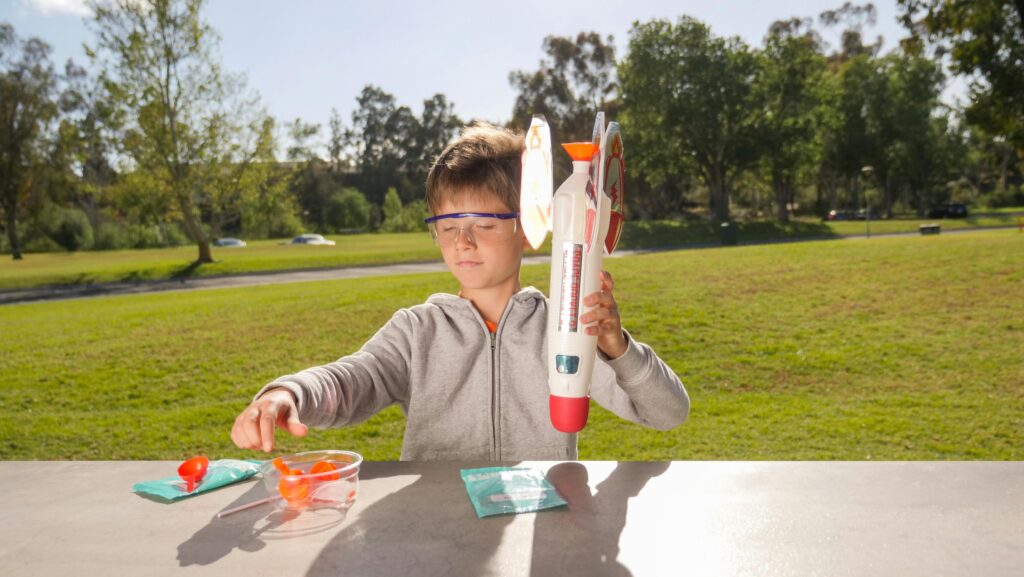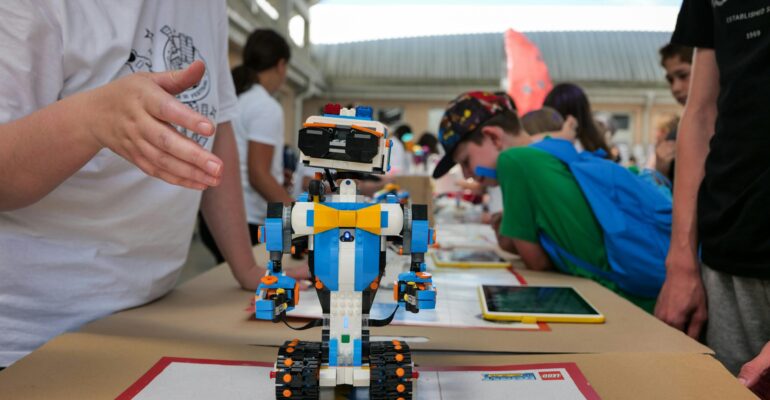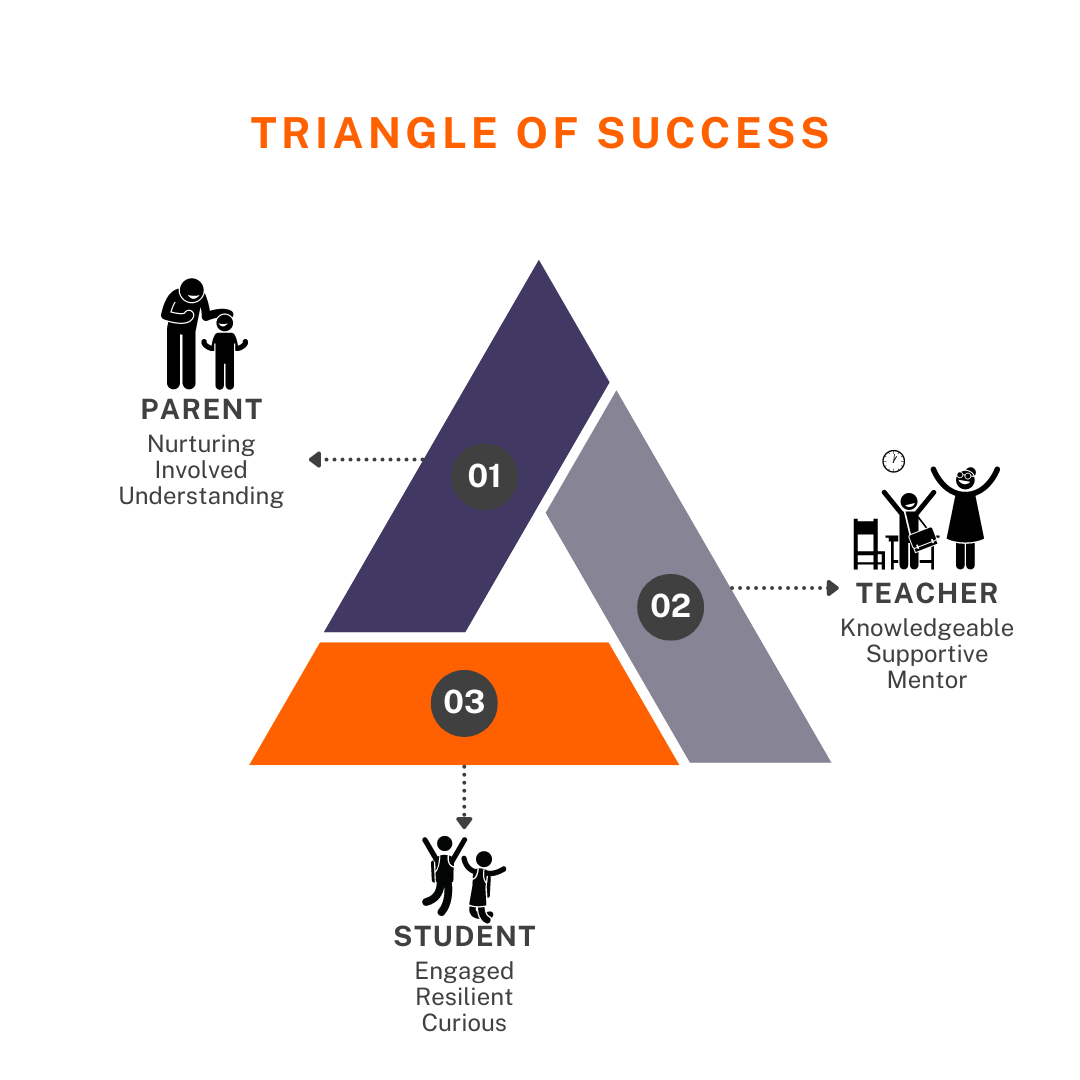How to Foster a Growth Mindset in Children
The Growth Mindset has become a big buzz word over the last few years. But what does growth mindset even mean?
A growth mindset or “Grit”, a term popularized by psychologist Carol Dweck, is the belief that abilities and intelligence can be developed through effort, learning, and persistence. In today’s world of participation medals and gentle parenting, developing resilience and the ability to make mistakes and grow in our young ones has become increasingly important. Fostering a growth mindset in our children is crucial for their academic success and overall development. Children with a growth mindset are more likely to embrace challenges, persevere through difficulties, and view failure as an opportunity to learn. Here are some techniques to help parents nurture this mindset in their children.
Why a Growth Mindset Matters
Research shows that children with a growth mindset are more resilient, motivated, and better equipped to handle setbacks in life in general. They see challenges as opportunities to improve rather than obstacles to avoid. Dr. Carol Dweck’s studies have demonstrated that fostering a growth mindset can lead to greater academic achievement and emotional well-being. This mindset encourages a love of learning and a willingness to put in the effort needed to master new skills.
“Enthusiasm is common. Endurance is rare.”
From Grit: The Power of Passion and Perseverance by Angela Duckworth

Practical Strategies for Fostering a Growth Mindset
- Praise Effort, Not Just Results
- Focus on praising the effort your child puts into a task rather than just the outcome. This reinforces the idea that hard work and persistence are valuable, regardless of the result. When your child completes a project, instead of saying, “You’re so smart,” or “You’re amazing” say, “I’m really proud of how hard you worked on that.” or “I’m impressed on how you kept trying even tough it was hard” This emphasizes the importance of effort over innate ability.
- If your child struggles with a math problem but keeps trying different strategies, praise their persistence by saying, “I love how you kept trying different ways to solve that problem.”
- Encourage Learning from Mistakes
- Help your child see mistakes as a natural part of the learning process rather than as failures. When your child makes a mistake, ask them what they learned from it and how they might approach the problem differently next time. Normalize making mistakes by sharing your own experiences of learning from errors.
- In a situation where your child loses a game, discuss what strategies worked well and what they could try next time, emphasizing that losing is just a step toward getting better.
- Teach the Power of “Yet”
- The word “yet” can transform how your child views their abilities. Adding “yet” to statements encourages a belief in future growth and improvement. If your child says, “I can’t do this,” encourage them to rephrase it as, “I can’t do this yet.” This subtle change reinforces the idea that their abilities can grow with effort and time.
- if your child struggles with a new skill, be there to remind them, “You might not be able to do it yet, but with practice, you’ll get there.”
- Use Growth Mindset Stories and Media
- Share stories, books, and media that highlight characters who demonstrate a growth mindset. These narratives can inspire and teach children the value of perseverance. Choose books and movies that feature characters who overcome obstacles through hard work and resilience. Discuss these stories with your child, focusing on how the characters grew and improved.
- Books like “The Little Engine That Could” or movies like “Finding Nemo” can serve as great examples of characters with a growth mindset. After watching or reading, have a chat with your child and talk about how the characters’ attitudes helped them succeed, it doesn’t need to be a deep discussion, for example say “Nemo was brave and kept going to find his way”.
- Encourage Reflection and Goal Setting
- Help your child set realistic goals and reflect on their progress. This encourages them to take ownership of their learning and see how effort leads to improvement. Discuss your child’s goals regularly and the steps they’re taking to achieve them. Encourage them to reflect on their progress and make adjustments as needed.
- Once a week, sit down with your child to review what they’ve learned and discuss what they want to work on next. Celebrate their progress and plan for future challenges in areas such as sports, academia, or music, and agree on small, short term, incremental goals that they can look forward to achieving.

Conclusion
In Conclusion, fostering a growth mindset in children is one of the most powerful tools parents can use to support their child’s academic success and personal development. By using the above technics you can help your child develop resilience, a love of learning, and the confidence to tackle new challenges. Remember, it’s not about being perfect—it’s about growing and improving every day.




